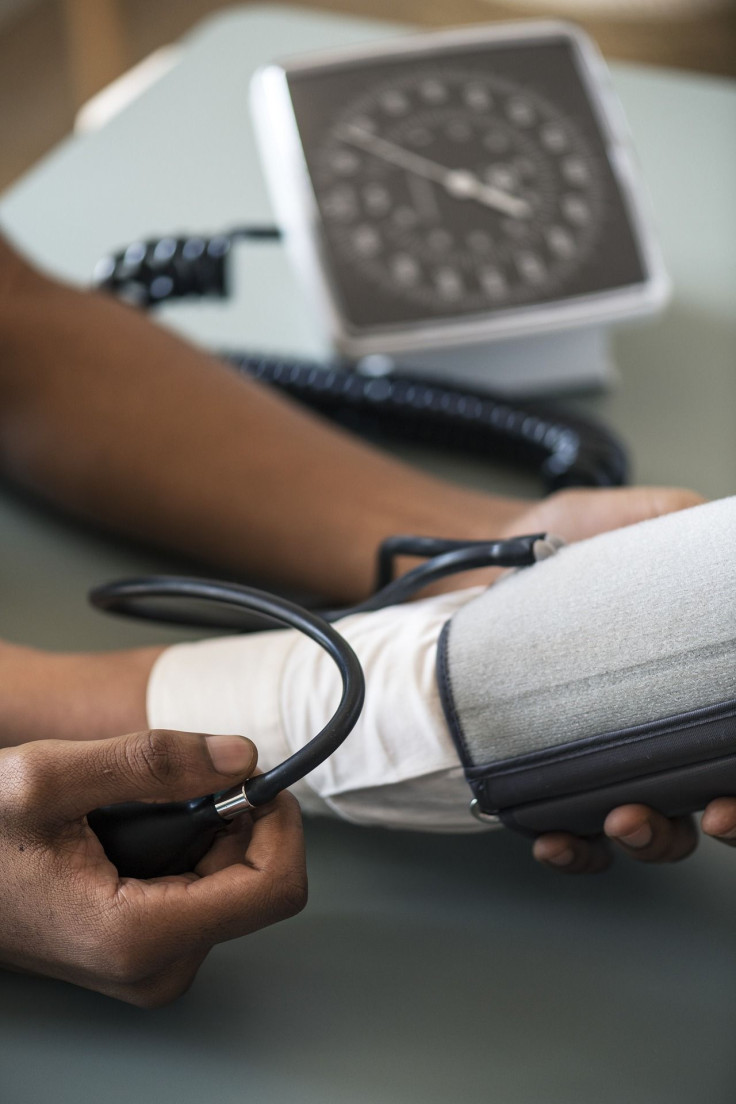Best Predictor Of Vascular, Heart Diseases Is 24-Hour Blood Pressure Monitoring, Study Says

High blood pressure is a major cause of deaths due to diseases affecting the arterial system and the heart. These illnesses are preventable to a certain extent by monitoring the blood pressure levels of a person for 24 hours, according to a global study.
High blood pressure is a leading cause of chronic illnesses like heart and vascular diseases worldwide. More than 10 million people die in a year due to this health condition and more than half of the deaths are caused due to cardiovascular diseases, the study stated.
The international study that was published in the Journal of the American Medical Association on Tuesday stated that monitoring the blood pressure level of a person for 24 hours can predict the health complications related to heart and arterial system more accurately than a onetime measurement.
For the study, the researchers followed a total of 11,135 individuals from different parts of the world, including East Asia, Europe and Latin America, for 14 years. Then, the researchers measured blood pressure levels of each of the participants with the help of a healthcare provider. The participants’ blood pressure levels were also monitored for over a period of 24 hours with the help of an automated portable blood pressure monitor. While the blood pressures level averaged 30 during the day, they were 10 during sleep.
The researchers compared the 24-hour blood pressure measurements of both day and night with a blood pressure measurement of predictive accuracy given by a healthcare provider in an office setting.
At the end of the analysis, the researchers found that a follow-up blood pressure measurement of 24-hours provided more accurate details about the risk associated with heart and vascular diseases than the single time measurement.
“Although heart and vascular disease are strongly associated with blood pressure, irrespective of how it is measured, until now we did not know which type of blood pressure measurement captured risk in the most accurate way,” lead researcher Gladys Maestre from the University of Texas, Rio Grande Valley School of Medicine, said in a statement.
“Our research highlights the necessity of using 24-hour measurements to diagnose high blood pressure and to institute and fine-tune its treatment. Nevertheless, most health insurers in the U.S. reimburse 24-hour ambulatory blood pressure monitoring only when blood pressure is found to be high in the clinical setting, but is suspected to be normal otherwise, or if undetected or masked hypertension is suspected. However, 24-hour ambulatory blood pressure monitoring is cost-effective: It enables the prevention of cardiovascular disease by starting treatment in a timely manner,” the researcher added.
© Copyright IBTimes 2024. All rights reserved.




















